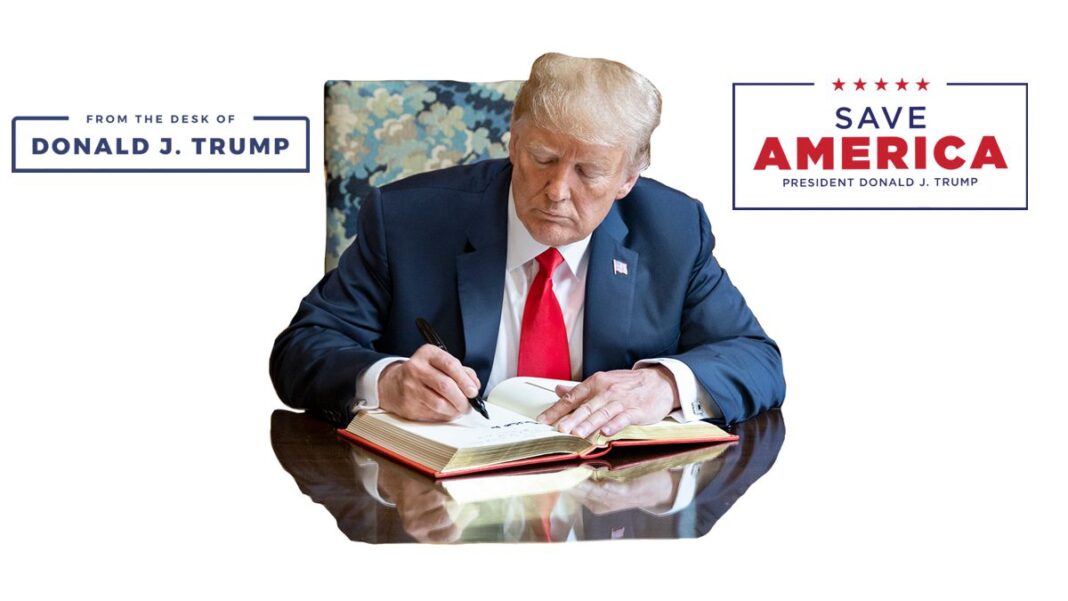
A U.S. scientist recently testified at a U.S. Senate hearing that his research provides evidence that the Wuhan Institute of Virology (WIV) has conducted synthetic biology research on the deadly Nipah virus. Some scientists are expressing concern about Canada sending Nipah and Ebola viruses to a lab potentially engaged in such research.
“The Nipah virus is a smaller virus than SARS2 [virus causing COVID-19] and is much less transmissible. But it is one of the deadliest viruses, with a greater than 60 percent lethality. This is 60-times deadlier than SARS2,” Dr. Steven Quay, a Seattle-based physician-scientist, told a Senate subcommittee at an Aug. 3 hearing.
Quay, who was previously on the faculty of Stanford University’s School of Medicine for about a decade, also said the work on Nipah at the Wuhan lab wasn’t conducted at biosafety level 4 (BSL-4) facilities, which have the highest level of biosafety, but rather at BSL-2 or BSL-3 facilities with lower safety protocols.
Quay said his research was based on examining the information from early COVID-19 patients that China had uploaded to international databases and finding “20 unexpected contaminants” not expected to be found in human specimens, including the Nipah virus and other materials, such as honeysuckle genes. He said these materials were likely contained in the specimens because of cross-contamination from other research at the WIV.
Quay said that except for the Nipah virus, the other 19 items that he and his collaborators found that “shouldn’t be in a human” were published in scientific papers by the WIV, with the institute explaining the work they were doing with honeysuckle genes or horse viruses, for example.
“So 19 of our findings were validated that we were accurately testing what had been going on in the laboratory the previous two years. But one thing they didn’t publish on was this Nipah virus work. There’s no publication on that,” he said.
Quay said the strain of the Nipah virus that they found wasn’t the same as the strain that Canada sent to the WIV.
Joe Wang, who formerly spearheaded a vaccine development program for SARS in Canada with one of the world’s leading pharmaceutical companies, says it’s concerning for Canada to send virus samples to a lab engaging in such research.
Read Full Article on TheEpochTimes.com






